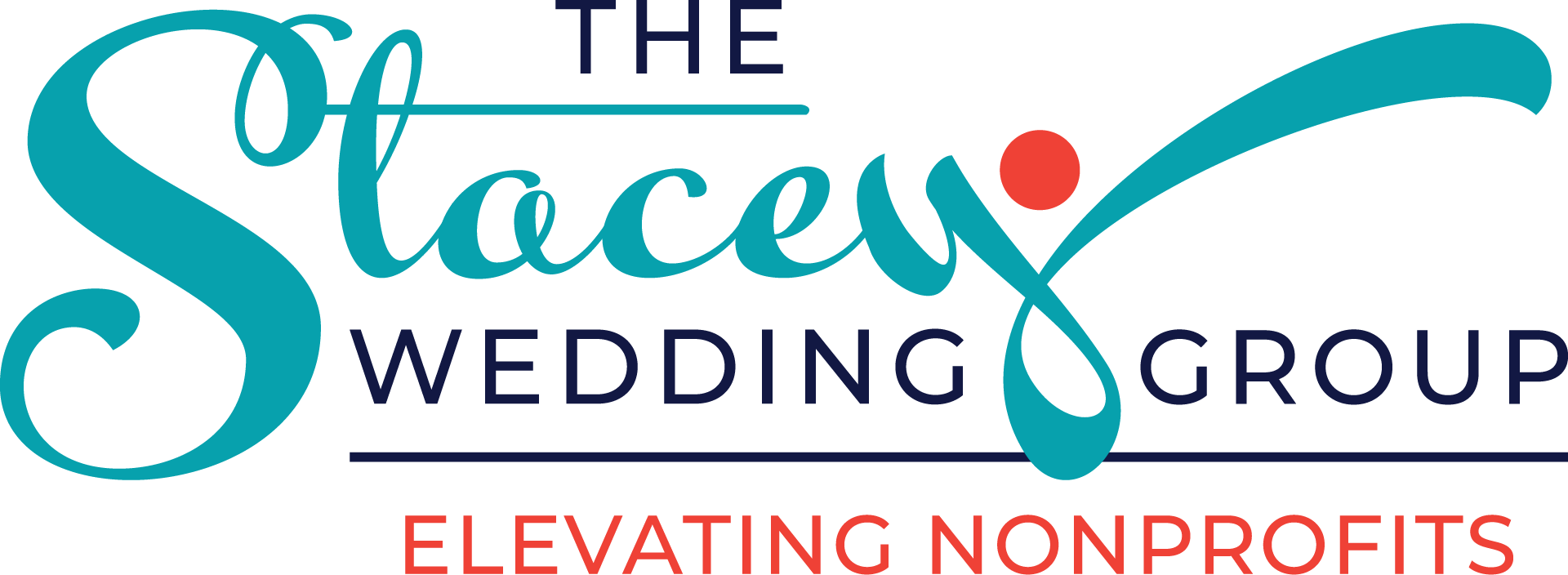In an earlier post, I wrote about strategic planning being a critical tool for your organization’s success.
- A strategic plan describes where your organization is going by laying out measurable goals and explaining why those goals are important.
- A strategic plan also describes how your organization is going to achieve those goals by creating a consciously-chosen and clearly-defined framework for moving forward.
In the process of creating sense of direction, outlining goals and developing a framework for action, strategic planning can provide significant benefit to your organization.
Clarity
- A strategic plan provides clarity on where your organization is headed over the next three, four or five years and lays out how you are going to get there.
- A strategic plan also clarifies what not to do. If something takes you off the path to your goals, then you probably shouldn’t devote resources to it.
Consensus and Commitment
- A strategic plan promotes a shared commitment to your organization’s goals and encourages alignment among members of your organization around a common vision, purpose and direction.
- When your plan is clearly communicated, everyone can focus on common goals. Consequently, decision-making in all areas of your organization improves because everyone is making decisions based upon shared goals.
Consistency
- A strategic plan enables people to see how their work fits into the bigger picture. Having a strategic plan helps your people to establish priorities that are consistent with your organization’s overall goals and encourages them to make decisions that match resources to those goals. Your people become focused on activities that fit together and reinforce each other.
Capacity Building
- Strategic planning can build capacity. In defining your organization’s goals, a well-developed strategic plan examines and addresses your organization’s fundamental capabilities: leadership needs; financial health and sustainability; effectiveness of internal operations and systems; and effectiveness of external engagement.
Client Satisfaction
- A strategic plan can add value to your clients by improving the quality of services you provide.
- A well-developed strategic plan goes beyond how your programs and services meet you clients’ needs; it includes how your systems and processes support your client services.
What are some of the other benefits that you’ve experienced from doing strategic planning?
—Kevin Dincher, Strategic Advisor, Professionals in Philanthropy
